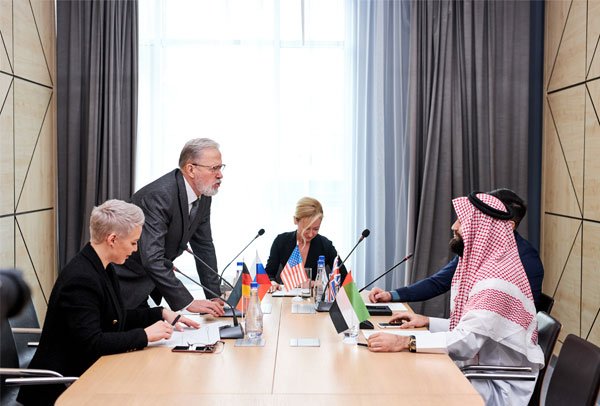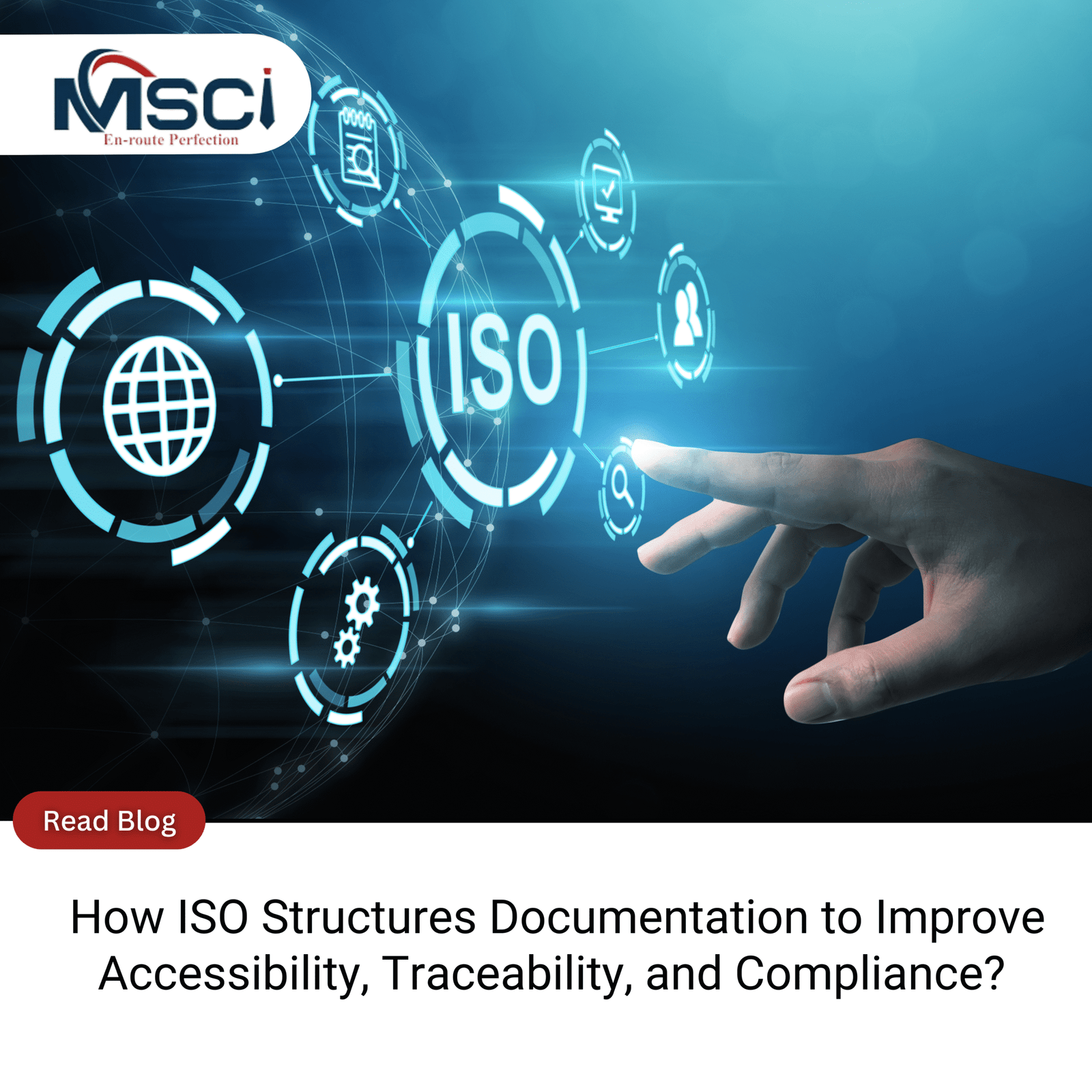GCC stands for the Gulf Cooperation Council; however, it is also known as the Cooperation Council for the Arab States of the Gulf. The Gulf Council Cooperation is a regional intergovernmental economic and political alliance, established in May 1981 in Riyadh, of six Arab countries. Moreover, the six members of the council are Oman, Saudi Arabia, Kuwait, the United Arab Emirates, Qatar, and Bahrain.
Members of the Gulf Cooperation Council (GCC)
Six Members of the Gulf Cooperation Council are:

History of Gulf Cooperation Council (GCC)
The Gulf Cooperation Council (GCC) was established on May 25, 1981, in Abu Dhabi, United Arab Emirates (UAE). The founding member states are Saudi Arabia, Kuwait, Bahrain, Qatar, UAE, and Oman. The main objectives of the GCC are to achieve coordination, integration, and interconnection among member states in all fields to achieve unity. The council’s focus areas include economic and financial affairs, commerce, customs, communications, education, and culture. The GCC has worked towards creating a common market and customs union, promoting regional cooperation and stability, and fostering economic development in the Gulf region.
Objectives of Gulf Cooperation Council (GCC)
The objectives of the member countries behind forming the council. Thus, the objectives of the Gulf Cooperation Council are as follows:
- Economic Integration -The Gulf Cooperation Council (GCC) seeks to establish a unified economic system among its member states to enhance economic growth and stability. Thus, creating a common market and customs union facilitates the free movement of goods, services, capital, and labour. The GCC aims to boost trade, attract investment and foster sustainable development by harmonizing economic policies and regulations. The ultimate goal is to achieve economic diversification and reduce dependency on oil revenues, promoting long-term economic resilience and prosperity for the region.
- Security and Defense Cooperation – One of the core objectives of the GCC is to ensure the collective security of its member states. The council aims to develop joint defence strategies and mechanisms to protect against external threats and maintain regional stability. It involves coordinating military efforts, conducting joint exercises, and sharing intelligence. The GCC enhances its member states’ ability to deter aggression and respond effectively to security challenges, thereby contributing to the overall peace and security of the Gulf region.
- Cultural and Social Development – The GCC promotes cultural and social collaboration to strengthen shared values and improve the quality of life for its citizens. It includes reforming education, healthcare, and social welfare to enhance human capital and social well-being. The GCC seeks to build a cohesive and resilient society by fostering cultural exchange and preserving the region’s heritage.
- Environmental Protection – The GCC is committed to implementing policies and practices to safeguard the environment and promote sustainable development. Member states collaborate on initiatives to address environmental challenges such as climate change, water scarcity, and pollution. The GCC aims to protect natural resources and ensure a sustainable future for the region by developing and enforcing environmental regulations. These efforts include promoting renewable energy, enhancing environmental awareness, and encouraging sustainable practices in various sectors, thereby contributing to global environmental goals.
- Scientific and Technological Advancement – Advancing science and technology is a significant objective of the GCC, aimed at driving progress and improving competitiveness on the global stage. The council encourages innovation and research collaboration among member states to foster technological development and knowledge transfer. By investing in scientific research and development, the GCC aims to build a knowledge-based economy that supports economic diversification and sustainable growth. Moreover, this includes initiatives in information technology, healthcare, and renewable energy by enhancing the region’s capacity for innovation and development.
- Legal and Administrative Harmonization – The GCC works towards legal and administrative harmonization among its member states to facilitate better governance and enhance cross-border interactions. However, it involves standardizing regulations, procedures, and policies to streamline administrative processes and improve efficiency. By aligning legal frameworks, the GCC aims to create a more cohesive and integrated regional market, reducing barriers to trade and investment. As a result, this harmonization supports cooperation in law enforcement, judiciary, and regulatory oversight by promoting transparency and good governance.
Need for ISO Certification in the Gulf Cooperation Council
ISO certification is essential in the Gulf Cooperation Council to enhance economic competitiveness and ensure quality and safety. Moreover, an ISO certification promotes international trade and supports sustainable development. It helps businesses meet global standards by building customer trust and improving operational efficiency. Thus, it facilitates economic growth and integration within the region.






